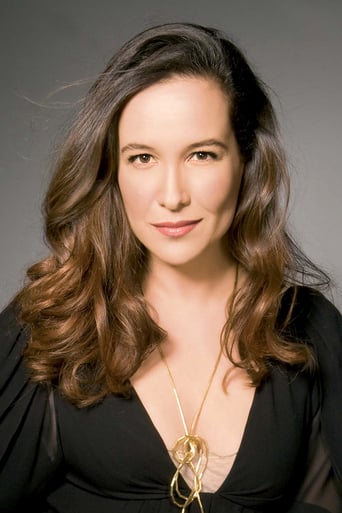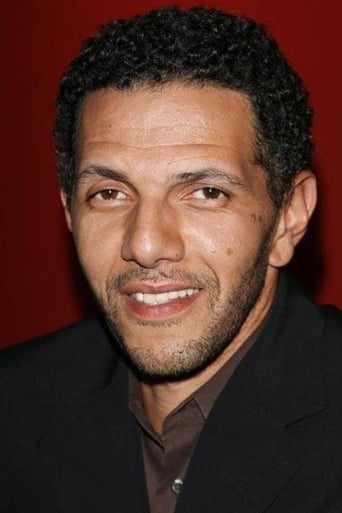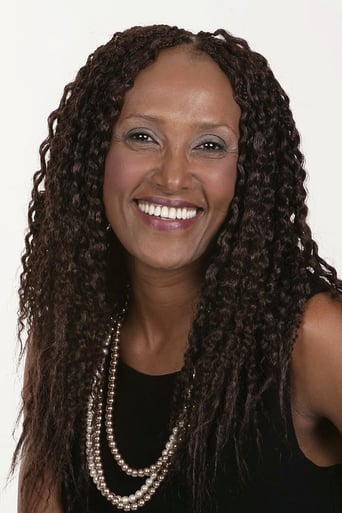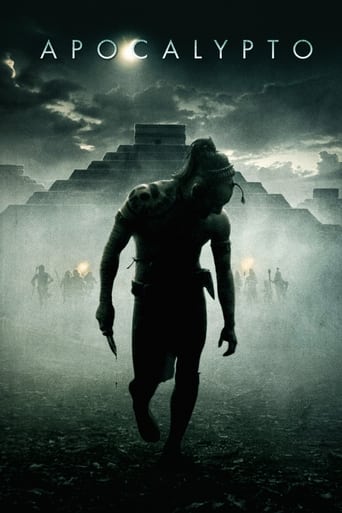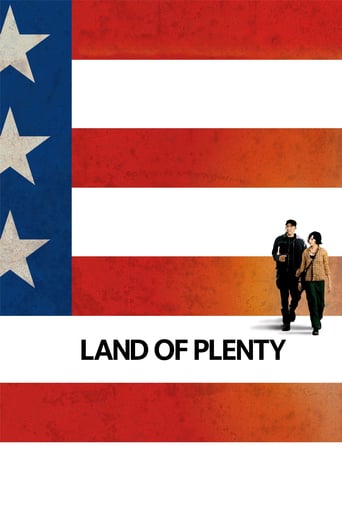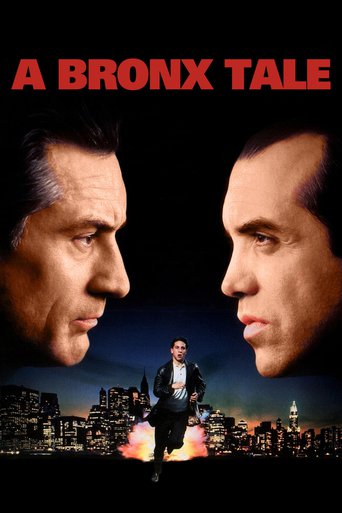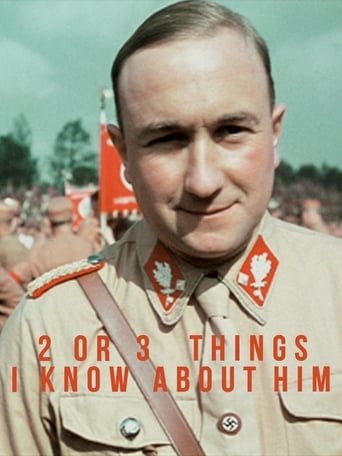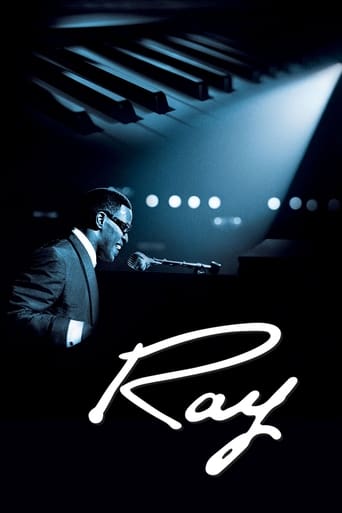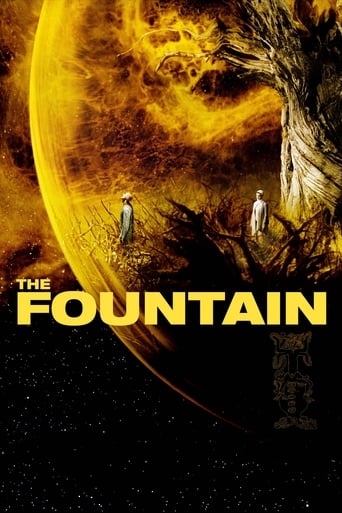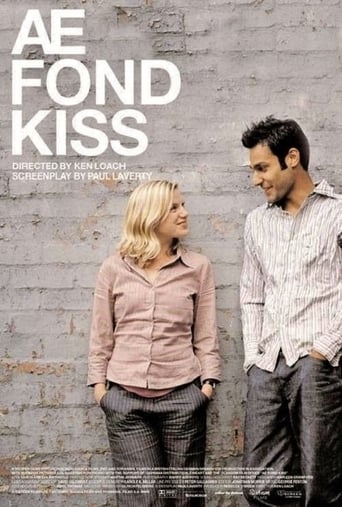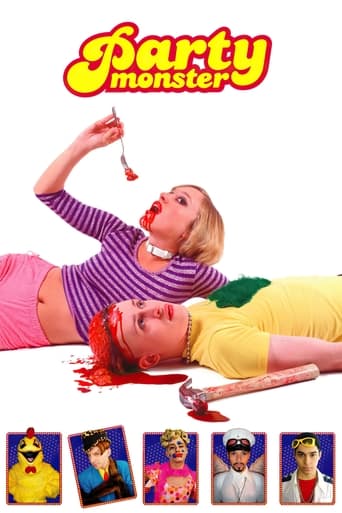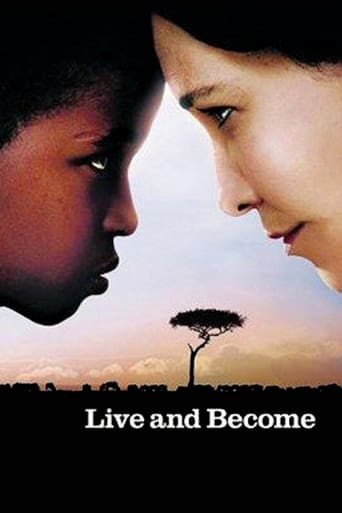
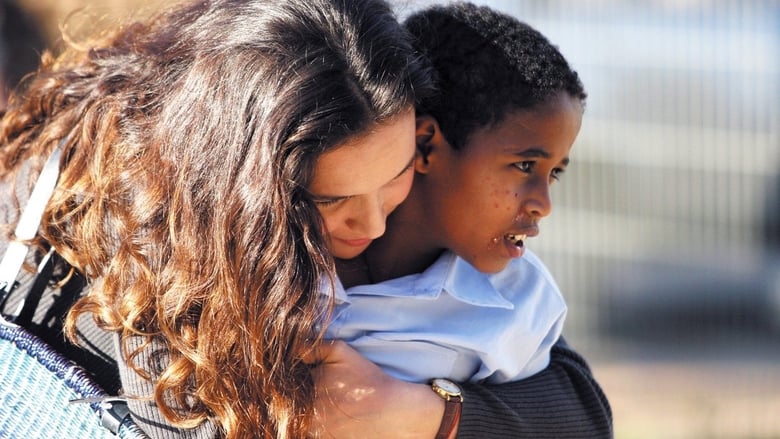
Live and Become (2005)
In 1980 the black Falashas in Ethiopia are recognised as genuine Jews and are secretly carried to Israel. The day before the transport the son of a Jewish mother dies. In his place and with his name (Schlomo) she takes a Christian 9-year-old boy.
Watch Trailer
Cast


Similar titles
Reviews
I saw this movie because it had been well liked by the French audience for one year after its release. I was in France at the time. Another story of a Jew being badly treated in life was not that compelling because, surely, there are many other people of other races who have been mistreated and will be mistreated. It seems that Jews want us to feel they are the only one being mistreated, but we know that this is not true. Regardless, I went to see it. I quickly understood the importance of one important aspect of the movie, namely the acceptance of the Jewish community of Jews that look like Arabs. The story is very powerful as we see the whole spectrum of judgement and acceptance in people. (BTW, I think that we could extend the lessons of this movie to include all people who look different). The music is good, but it is a bit "repetitive"! The acting is alright, but I am not good at criticizing that. The plot is the best part of the movie. It is a courageous movie for sure, as it shows in a bad light some of the worst reactions of some Jewish people. However, you also see the acceptance of many. Surely, there are all kinds of people in ISrael, just like there are in many countries. It is a beautiful movie that you could watch a few times and appreciate again and again. The ending is somewhat predictable, but so powerful.
I found this French / Israeli / Belgian / Italian film in the book 1001 Movies You Must See Before You Die, I read a short description before watching it, and it did sound like something worthwhile of that recommendation. Basically set in 1980 in Ethiopa the black Falashas have Christian beliefs and live in poverty, and every so on transports come into the community and take away people away to Israel, and a young boy, who is renamed Schlomo (Moshe Agazai) is sent by his Mother (Meskie Shibru-Sivan Hadar) to get on it, told to "Go, live, and become". Eventually the boy is adopted into a good family, who have no knowledge he has replaced am Ehtiopian Jewish boy who died, from the beginning he is forced to endure racism and learn the Jewish religion, he remains depressed for some time, until he is able to send a letter to his real mother. Schlomo as a teenager (Moshe Abebe) seems to have become accustomed to the adoptive family, but he still struggles with the Jewish ways, and he finds himself falling in love with Sara (Roni Hadar), but her father is an extreme racist, he tries to gain "real Jewishness" competing in a Bible interpretation competition, but this makes no difference to the father's attitude. Disappointed he decides to himself into the police explaining that he is a Falasha and not Jewish, but he is ignored and his adoptive parents send him to study medicine in France, it is there that he and Sara get married, her family are taken from her, but in the circumstances Schlomo will not reveal his true identity until she becomes pregnant. Sara does find out his true origins, she leaves him not for his deception but for believing that she would not have trusted or loved him anyway, but the adoptive mother helps them reconcile, but Schlomo is given a condition by Sara, he must meet his real mother again, as a doctor he does find the way to return to Ethiopa fugitive camp, in the end Schlomo and his mother do have an emotional reunion. Also starring Yaël Abecassis as Yael Harrari, Roschdy Zem as Yoram Harrari, Sirak M. Sabahat as Schlomo as an adult and Yitzhak Edgar as Qès Amara. I have seen these kind of films before, someone bing forced to go against their beliefs to fit into a new society or family, the racial tension and religion clashes do add to what could have been a predictable story, and the inclusion of hard hitting moments of human poverty is also moving, it is certainly a worthwhile drama film. Good!
The writer and director of this utterly amazing and gut-wrenching film is the Romanian Jewish emigré to Paris, Radu Mihaileanu (born 1958). Every shot, every detail, every performance, and all the dialogue, is completely and totally brilliant. That perfection, plus Mihaileanu's impassioned fury, is what gives this film its unique power. The film contains many unknown actors and actresses who have never appeared in anything before or since, and they are often the most effective people in the film, under the director's sure and sympathetic hand. The film deals with the strange story of the people known as the 'Falashas'. People in the West who are old enough to remember the news stories of 1980 may dimly recall the incidents, as they were so bizarre as to seem almost incredible at the time. The Falashas certainly made front page news for weeks. The Falashas are the so-called 'black Jews' of Ethiopia. They had lived for perhaps 2,000 years or more as a tiny minority in Ethiopia, and they are of Ethiopian blood. But instead of being Christians like the majority of Ethiopians, they are Jews. No one knows how or why they became Jews or what their original story really is. Then one day the Israeli Government decided to rescue them from the oppressive Mengistu Regime which existed in Ethiopia in 1980 (Mengistu was a fanatical communist of the Stalinist persuasion, and a psychopathic mass murderer). The Israelis wanted to airlift all of the Falashas and take them to Israel! But this had to be done in total secrecy. Also, the Israelis could not land their aircraft in Ethiopia, so the Falashas had to make their own way on foot to the Sudan, from where they would be collected from a giant refugee camp which existed there. So 12,000 Falashas set out for the Sudan in a vast and tattered migration, 4,000 of them dying on the way. Only 8,000 reached their destination more than 1,000 miles away, dehydrated, starving, ill, and exhausted, and many of them dying. The story of the film commences in the camp, when a Falasha woman holds her very young son dead in her arms and realizes that she has lost everything; she herself is also dying. Meanwhile, an Ethiopian Christian woman and her son of the same age are also in the same part of the camp, but they are still healthy. The Christian woman pretends that her son is the dead boy so that he can be evacuated as a Jew, and the Falasha woman decides to help him and agrees to the deception. The Israelis come and are fanatical about screening out the Christians and will only take Jews, so they interview them mercilessly. The boy has been told to say he is called Solomon ('Schlomo' in Israel), his father is Isaac, he is told the village name, etc., to convinced the Israelis. But he does not want to go and leave his mother, whom he loves above all else. She turns harsh with him and pushes him away and says: 'Go, live and become! And only after you have become, then come back to me!' They are both heart-broken. Both the Ethiopian women are amazing, overwhelmingly effective despite being non-professionals. So the boy is swept up in the evacuation and gets through the Israeli screening process. He and a plane-load of Falashas land in Tell Aviv, dazed and totally confused. They are kept in isolation for months and repeatedly screened. And that is only the beginning of the long and emotional story. The little boy is brilliantly portrayed by a genuine Falashsa boy named Mosche Agazai, and equally brilliantly played as an adolescent by another real Falasha, Moshe Abebe. Because 'Schlomo' has been so upset, he had become unruly and so a left-wing Israeli couple with two children of their own adopt him, and he moves into an affluent suburban house. His adoptive mother is wonderfully portrayed by an experienced and sensitive Israeli actress named Yaël Abecassis. The boy befriends a wise old Falasha, whose family all died, played by Yitzhak Edgar. And finally, Schlomo as an adult is portrayed by Sirak M. Sabahat. The remarkable thing is that none of the people I have mentioned apart from the Israeli actress has acted in any other film, and yet they all did better than any professional cast could conceivably have done. The intensity of their performances is searing and never to be forgotten. This film is a great classic, which should be entered in the annals of world cinema as one of the most moving films ever made. The film is also a massive indictment of hypocrisy and intolerance, as experienced in Israel by the Falashas after their arrival. They were abused, insulted, and subjected to a bombardment of hate and prejudice of incredible proportions, and this is graphically shown in the story. As an adolescent and adult, Schlomo is loved by a white Israeli girl named Sara, beautifully and sensitively portrayed by the young Roni Hadar (who has gone on subsequently to appear on TV and in another film). Her father is a violent bigot who thinks the Faslashas are sub-human, and the irony of Jews classifying other people as 'untermenschen' is not lost on us! Every aspect of this tale is anguished, and so much of it is heart-rendingly tragic. Some of it turns out well, however. Schlomo grows up to be a medical doctor and despite the alienation from his adoptive father, retains the devoted love of his adoptive mother.The talent of Mihaileanu is best of all shown in one of the most breathtakingly brilliant final shots ever to be seen in any film, though of course I am not permitted to describe it here. Radu Mihaileanu is certainly a cinematic genius of the first rank, and he has proved it again in his equally amazing film, THE CONCERT (2009, see my review).
We got the tendency to browse old films to found masterpieces : CASABLANCA,CITIZEN KANE,POTEMKIN...etc.But a real gem can be very close to you , it just waits to be discovered . I wanted to see badly that movie , therefore I have driven almost 300 km back and forth all way to Toronto , foreign movies are rarities around here . I was deeply moved by this excellent movie , I did'nt realize I spend almost 3 hours in a cinema theater , and I still wanted more.Good lesson of humanity,acceptance,tolerance.A few directors nowadays they got guts to raise issues , as racism,anti-semitism,uprooting,treatment of foreigners ....A movie does'nt have to be just entertainment , a movie got to be also a motive of reflections. A must see !


